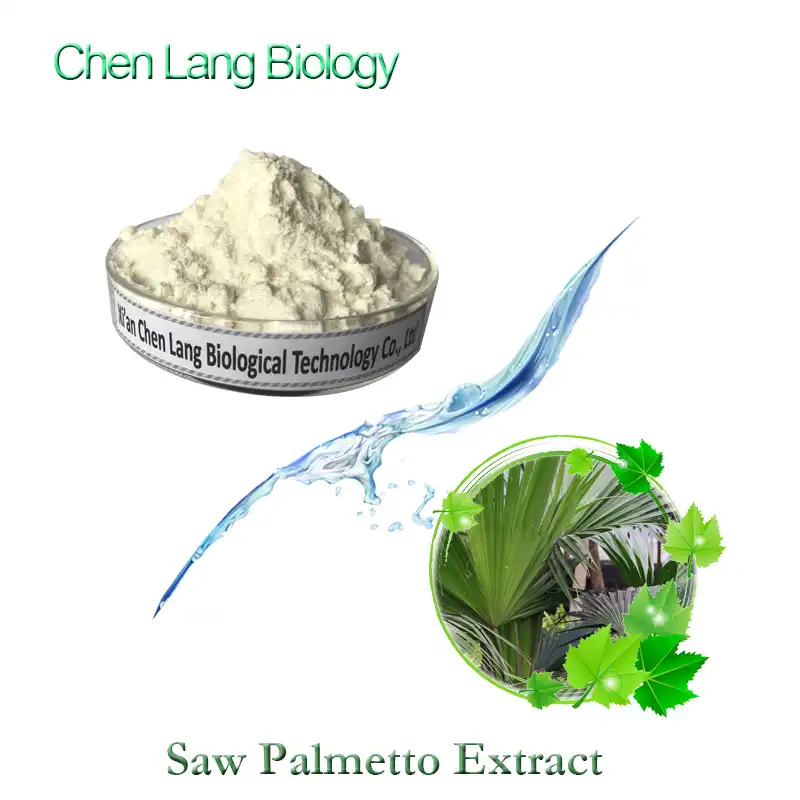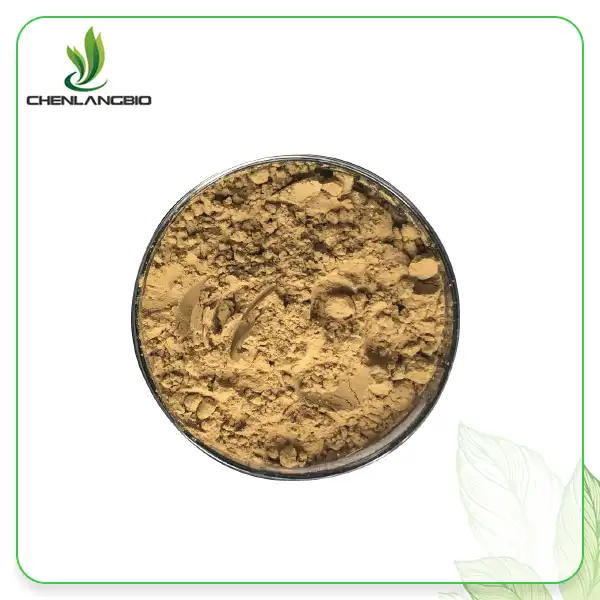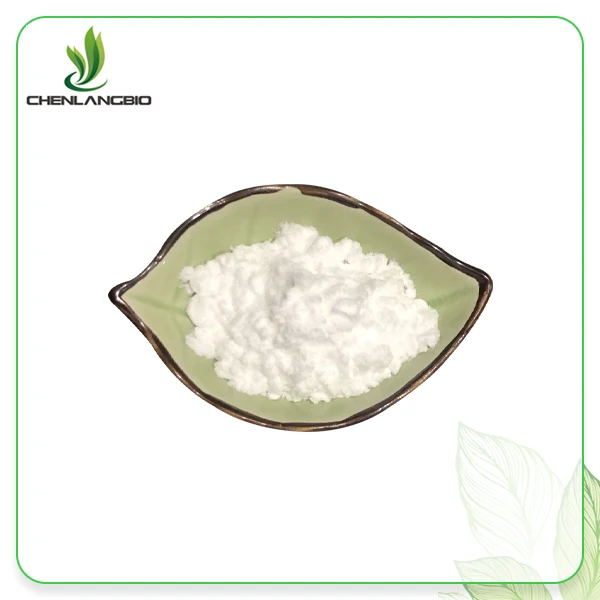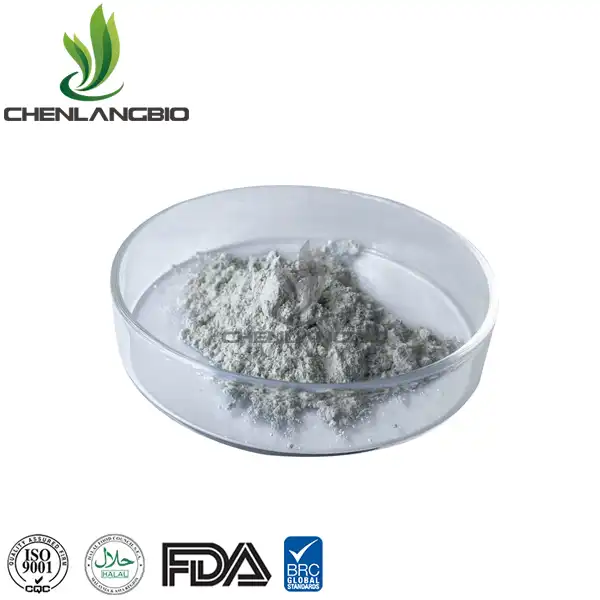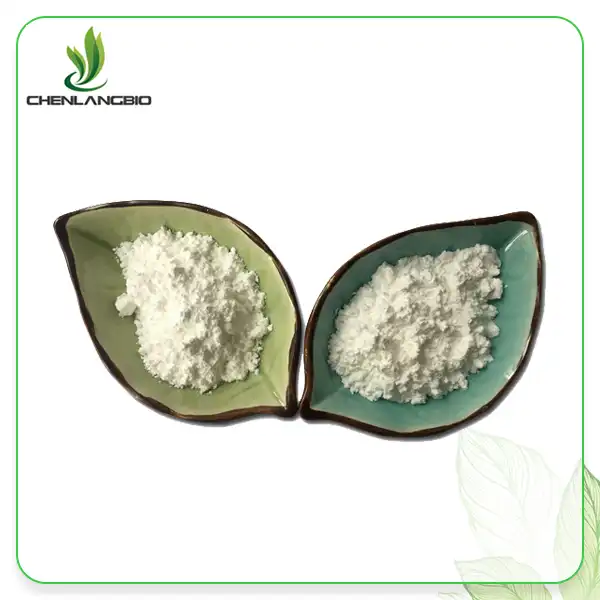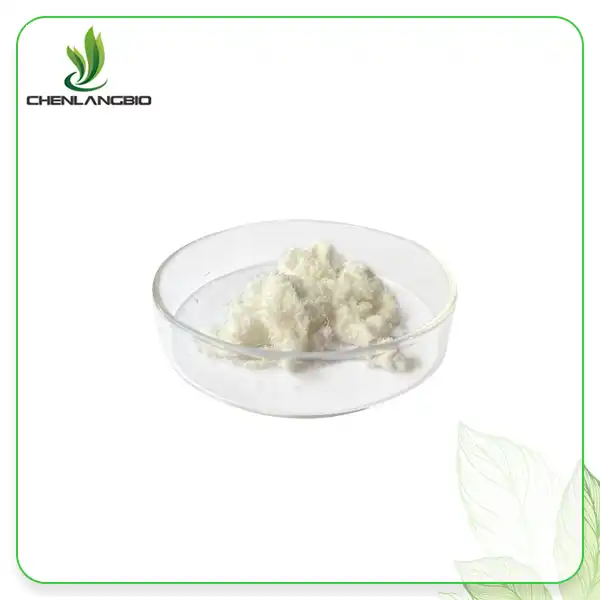What are the Benefits of Polyphenols in Apples
2024-07-02 14:54:05
Polyphenols are naturally occurring compounds found in apples, which offer a wide range of health benefits. These antioxidants play a crucial role in protecting the body from oxidative stress, reducing inflammation, and supporting overall health. Apple polyphenol extract, derived from the skins, flesh, and seeds of apples, is a concentrated source of these beneficial compounds and is commonly used in dietary supplements and skincare products.
How Do Polyphenols in Apples Improve Heart Health
What are the Cardiovascular Benefits of Apple Polyphenols
Apple polyphenols have been shown to provide numerous cardiovascular benefits. These include:
Lowering Blood Pressure: Research indicates that apple polyphenols can help reduce blood pressure by promoting the relaxation of blood vessels. This effect is primarily due to their ability to enhance the production of nitric oxide, a molecule that helps dilate blood vessels and improve blood flow.
Reducing LDL Cholesterol: One of the significant benefits of polyphenols is their ability to prevent the oxidation of low-density lipoprotein (LDL) cholesterol. Oxidized LDL is a key factor in the development of atherosclerosis, a condition characterized by the buildup of plaques in the arteries. By preventing LDL oxidation, apple polyphenols can help reduce the risk of heart disease.
Improving Endothelial Function: The endothelium is the inner lining of blood vessels, and its proper function is crucial for maintaining cardiovascular health. Apple polyphenols have been shown to improve endothelial function, which helps regulate blood pressure, blood clotting, and overall vascular health.
How Can Apple Polyphenols Help Prevent Heart Disease
Heart disease is a leading cause of death worldwide, and incorporating apple polyphenols into your diet can be a proactive way to support heart health. The antioxidants in apple polyphenols help reduce inflammation, a key factor in the development of heart disease. Inflammation can lead to the formation of plaques in the arteries, which can obstruct blood flow and increase the risk of heart attacks and strokes.
Moreover, studies have shown that apple polyphenols can improve lipid profiles by increasing high-density lipoprotein (HDL) cholesterol levels and reducing triglycerides. HDL cholesterol is known as "good" cholesterol because it helps remove excess cholesterol from the bloodstream, thereby reducing the risk of plaque formation.
Can Apple Polyphenols Enhance Circulatory Health
Yes, apple polyphenols can enhance circulatory health by improving the flexibility and function of blood vessels. This improvement helps ensure efficient blood flow throughout the body, delivering oxygen and nutrients to tissues and organs. Improved circulation also aids in the removal of metabolic waste products, contributing to overall health and well-being.
How Can Apple Polyphenols Support Weight Management

Do Apple Polyphenols Boost Metabolism
Apple polyphenols can play a role in boosting metabolism, which is beneficial for weight management. These compounds help increase the activity of enzymes involved in fat oxidation, leading to a higher metabolic rate. A higher metabolic rate means that the body can burn more calories at rest, which is essential for weight loss and maintaining a healthy weight.
How Do Apple Polyphenols Affect Fat Absorption
Research suggests that apple polyphenols can inhibit the absorption of dietary fats. By reducing the amount of fat absorbed in the intestines, these polyphenols can help lower overall calorie intake. This effect can be particularly beneficial when combined with a healthy diet and regular exercise, contributing to effective weight management.
Can Apple Polyphenols Suppress Appetite
Apple polyphenols may also have appetite-suppressing properties. Certain polyphenols can influence the release of hormones that regulate hunger, such as ghrelin and leptin. By reducing hunger signals and increasing feelings of fullness, apple polyphenols can help control food intake, making it easier to stick to a calorie-controlled diet.
What Are the Skin Benefits of Apple Polyphenols

How Do Apple Polyphenols Fight Aging
One of the most notable benefits of apple polyphenols for the skin is their ability to fight aging. The antioxidants in polyphenols neutralize free radicals, which are unstable molecules that can damage skin cells and accelerate the aging process. By protecting skin cells from oxidative damage, apple polyphenols can help reduce the appearance of fine lines, wrinkles, and other signs of aging.
Can Apple Polyphenols Protect Against UV Damage
Apple polyphenols provide a natural defense against ultraviolet (UV) radiation from the sun. UV exposure is a major cause of skin damage, leading to sunburn, premature aging, and an increased risk of skin cancer. The antioxidants in apple polyphenols can help mitigate the harmful effects of UV radiation by absorbing UV rays and reducing inflammation caused by sun exposure.
How Do Apple Polyphenols Enhance Skin Elasticity and Hydration
Apple polyphenols can also improve skin elasticity and hydration. They promote the production of collagen, a protein that provides structure and elasticity to the skin. Increased collagen levels can help the skin maintain its firmness and reduce the appearance of sagging. Additionally, polyphenols enhance the skin's ability to retain moisture, keeping it hydrated and supple.
How Can You Incorporate Apple Polyphenols into Your Daily Routine

What Are the Best Ways to Consume Apple Polyphenols
There are several ways to incorporate apple polyphenols into your daily routine:
Dietary Supplements: Apple polyphenol supplements are available in various forms, including capsules, tablets, and powders. These supplements provide a convenient way to ensure an adequate intake of polyphenols, especially for those who may not consume enough apples in their diet.
Functional Foods: Some foods and beverages are fortified with apple polyphenols. For example, certain health bars, teas, and juices contain added polyphenols to boost their antioxidant content.
Natural Sources: Eating fresh apples or drinking apple juice is another way to consume polyphenols, although the concentration of polyphenols is lower compared to extracts and supplements.
What Should You Look for in a High-Quality Apple Polyphenol Supplement
When choosing an apple polyphenol supplement, consider the following factors:
Purity and Potency: Look for supplements that provide a high concentration of polyphenols without unnecessary fillers or additives.
Third-Party Testing: Choose products that have been tested by independent laboratories to ensure quality and purity.
Source of Apples: Opt for supplements made from organically grown apples to avoid pesticide residues and other contaminants.
How Can Apple Polyphenols Be Used in Skincare
Apple polyphenols are also popular in skincare products. Here are some ways they can be used:
Serums: Apple polyphenol serums are designed to deliver a concentrated dose of antioxidants to the skin, helping to reduce signs of aging and protect against environmental damage.
Moisturizers: Incorporating apple polyphenols in moisturizers can enhance their hydrating properties and provide additional antioxidant protection.
Face Masks: Polyphenol-rich face masks offer a deep treatment for the skin, improving its texture and radiance.
Conclusion
Apple polyphenols offer a wide range of health benefits, from improving heart health and supporting weight management to enhancing skin quality. By incorporating apple polyphenol extract into your diet and skincare routine, you can take advantage of their powerful antioxidant properties and promote overall health and well-being. For more information on apple polyphenol extract products, please contact us at admin@chenlangbio.com.
References
Healthline. Apple Polyphenol Benefits. Retrieved from Healthline.
WebMD. The Benefits of Polyphenols. Retrieved from WebMD.
PubMed. Antioxidant Properties of Apple Polyphenols. Retrieved from PubMed.
Harvard Health. The Role of Polyphenols in Health. Retrieved from Harvard Health.
Mayo Clinic. Understanding Antioxidants. Retrieved from Mayo Clinic.
National Institutes of Health. Dietary Polyphenols and Health. Retrieved from NIH.
Journal of Nutrition. Effects of Apple Polyphenols on Cardiovascular Health. Retrieved from Journal of Nutrition.
American Journal of Clinical Nutrition. Polyphenols and Weight Management. Retrieved from AJCN.
Skincare.com. Antioxidants in Skincare. Retrieved from Skincare.com.
Chemicool. Polyphenols in Plants. Retrieved from Chemicool.
Send Inquiry
Related Industry Knowledge
- How Should Dihydroavenanthramides Be Used For Skincare
- What is Podophyllin Powder Used For
- What is the Recommended Dosage of Glabridin Powder
- Is Dimethylmethoxy Chromanyl Palmitate Safe
- How Do You Dissolve Praziquantel Powder
- Is Dimethylmethoxy Chromanol Safe for Skin
- Can Hyaluronic Acid Powder Be Used For Joint Health
- What Functions of the Cycloastragenol Powder
- What is Berberine Hcl Powder
- Hydroxypinacolone Retinoate vs Retinol



